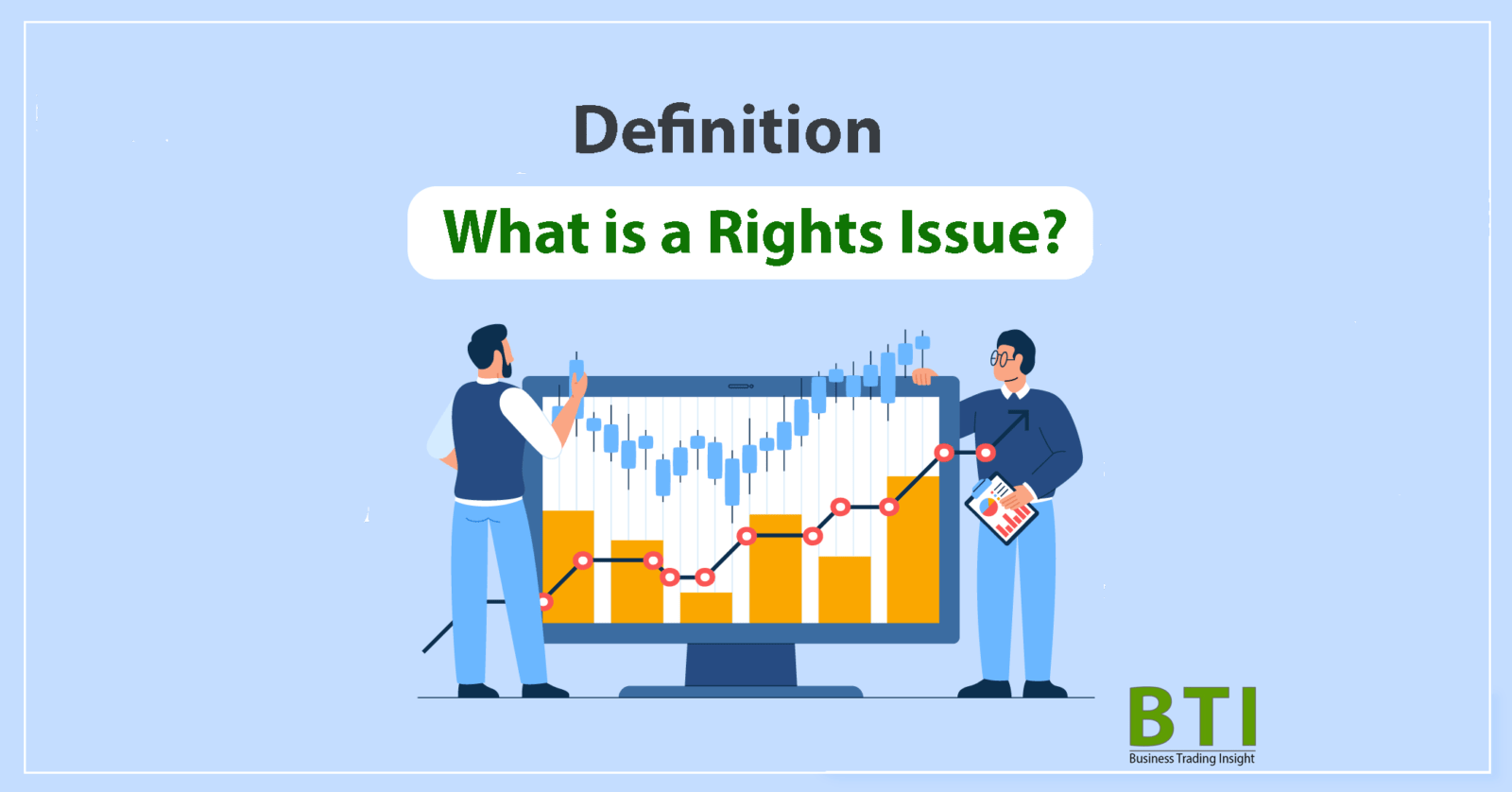Market value plays a crucial role in the world of investing. It serves as a key indicator for investors seeking to make informed decisions about buying or selling assets. Understanding market value enables investors to assess the potential risks and returns associated with various investments, ultimately helping them to navigate the complexities of the financial landscape. This article will explore the concept of market value, its significance, and how investors can leverage this knowledge to enhance their investment strategies.
What Is Market Value?
Market value refers to the price at which an asset can be bought or sold in the open market. It represents the consensus of what buyers are willing to pay and what sellers are willing to accept at any given time. This valuation is dynamic, influenced by various factors that can change rapidly, reflecting current market conditions. Market value can be assessed for a wide range of assets, including stocks, real estate, and commodities.
Key Characteristics of Market Value:
- Dynamic Nature: It fluctuates based on supply and demand.
- Market Consensus: It reflects the collective judgment of buyers and sellers.
- Open Market Transactions: It is derived from actual transactions that occur in the marketplace.
The Factors Influencing Market Value
Several elements contribute to the formation of market value, including:
Supply and Demand: The fundamental economic principle that dictates pricing. When demand exceeds supply, prices rise, and vice versa.
Economic Conditions: Factors such as inflation rates, interest rates, and employment levels can impact market value. For instance, during economic downturns, market values often decline as investors become more risk-averse.
Market Trends: Long-term trends and patterns can affect market perceptions. For example, advancements in technology or changes in consumer preferences can lead to shifts in market value.
Examples of Market Value Fluctuations:
A tech company’s stock may surge in value following a successful product launch, reflecting heightened demand.
Conversely, a real estate property may see its market value decline during a housing market downturn.

Insights from Market Value
Market value serves as a critical metric for investors, offering insights into the overall health and performance of an asset. Here’s what market value can reveal:
- Company Performance: For stocks, a high market value can indicate investor confidence and strong performance metrics, while a low market value may raise concerns.
- Investment Opportunities: Investors can identify potential undervalued or overvalued assets based on current market prices compared to historical values.
- Risk Assessment: A rapidly changing market value can signal volatility, allowing investors to gauge the risks associated with holding certain assets.
Factors for Analysis:
Potential Return: Investors can project future returns based on historical market values.
Market Sentiment: Analyzing fluctuations can help investors gauge overall market sentiment.
How Do You Calculate Market Value?
Calculating market value can be achieved through various methodologies, each suited for different types of assets. Here are the most common approaches:
- Income Capitalization Method: This approach calculates market value based on the income an asset generates, capitalized at a specified rate.
- Comparative Analysis (Comps): This method involves comparing similar assets to estimate market value, factoring in characteristics such as location, size, and condition.
- Discounted Cash Flow (DCF) Method: This technique involves forecasting future cash flows generated by an asset and discounting them to present value.
Example Calculation:
Let’s consider a real estate property expected to generate $100,000 in annual income with a capitalization rate of 8%.
Market Value Calculation:
Market Value = Annual Income / Capitalization Rate –100,000 / 0.08 – 1,250,000
Thus, the estimated market value of the property would be $1,250,000.
The Difference Between Appraised Value and Market Value
While market value is determined by actual market transactions, appraised value refers to an estimate made by a qualified appraiser. Understanding the distinction between these two values is essential for investors.
Key Differences:
- Basis of Assessment: Market value is derived from current market dynamics, while appraised value is based on an appraiser’s analysis of various factors.
- Purpose: Appraised value is often used for mortgage purposes or tax assessments, whereas market value directly reflects what buyers are willing to pay.
Example Scenario:
In a booming real estate market, a property may have a market value of $500,000, but an appraised value of only $450,000 due to conservative assessment methods. This discrepancy can influence investment decisions and financing options.
Final Thoughts
Market value is an essential tool for investors in evaluating the potential of various assets. It provides insights into asset performance, investment opportunities, and associated risks. By comprehensively analyzing market value, investors can make better-informed decisions, ultimately enhancing their chances of achieving financial success.
Investors are encouraged to regularly assess market value as part of their investment strategy and to remain informed about the factors that influence it. This proactive approach will enable them to navigate the complexities of the market with confidence and precision.


